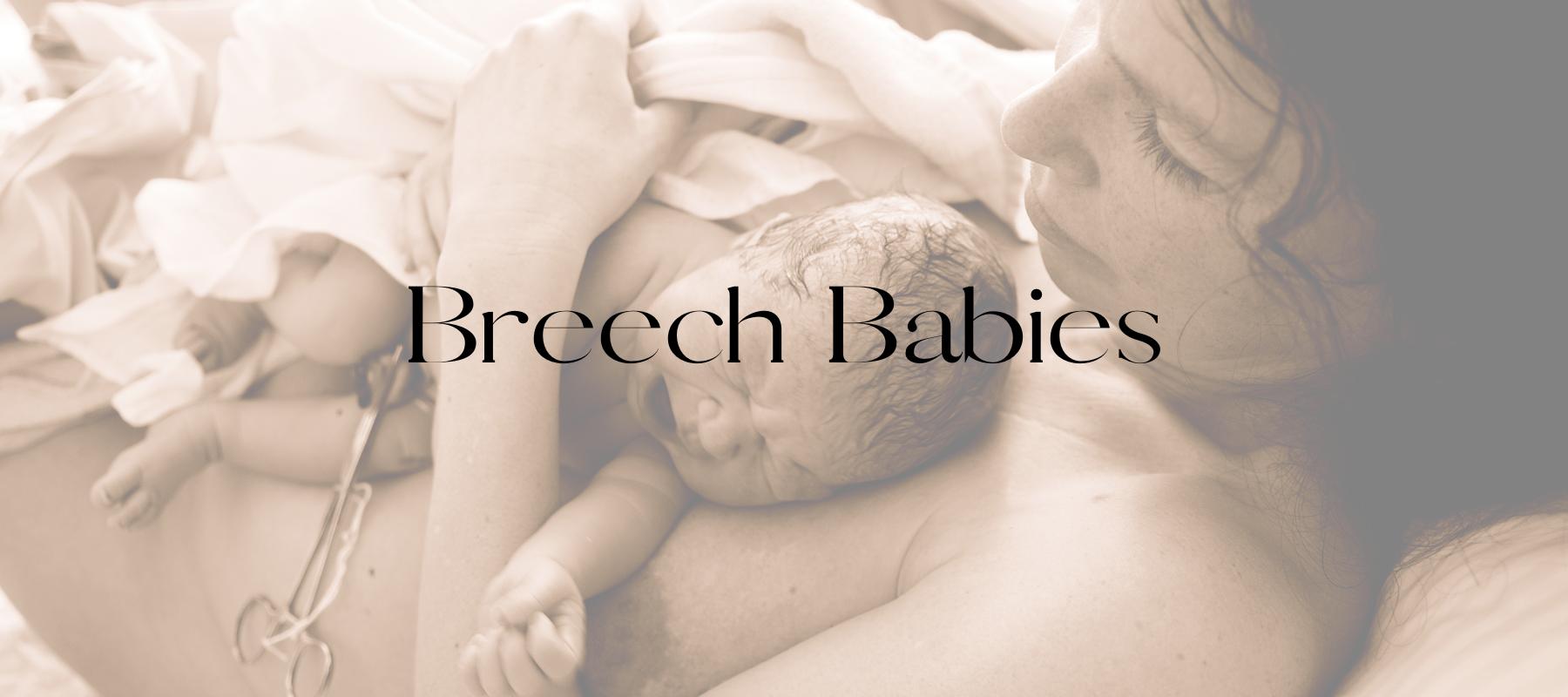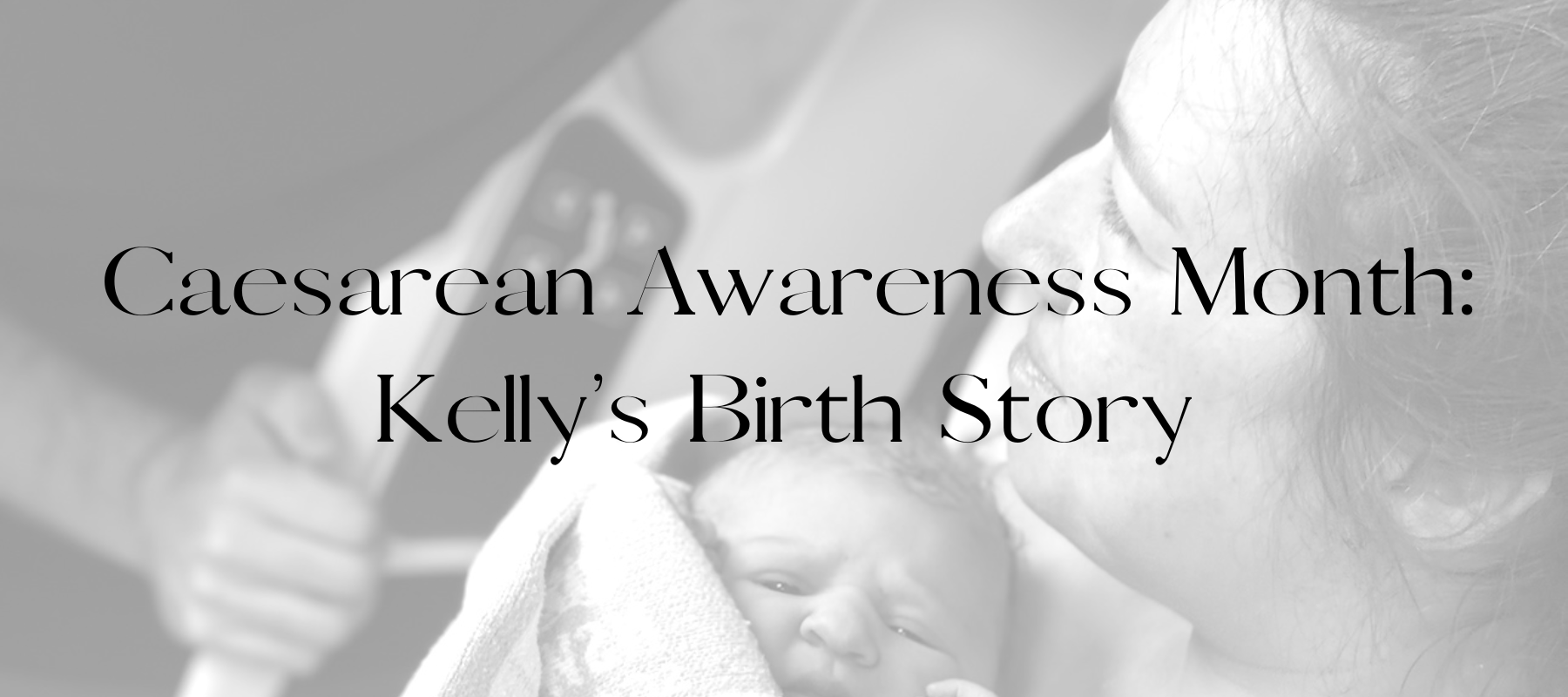The transition into parenthood is often filled with uncertainty and new challenges.
While there is increasing support for women through their transition into motherhood, little emphasis is dedicated to men (and other non-birthing partners) in their parental adjustment period.
What are the consequences of paternal depression?
Men’s mental health could be considered a silent crisis. Paternal depression, anxiety and PTSD can cause significant strain on relationships with the mother/child as well as facilitate insufficient self-care, poor physical health and social isolation.
Men commonly fail to seek help in times of mental crisis due to their feelings of shame in utilising mental health services. They may also fail to recognise the signs - or if they do, they underrate the severity and urgency.
PTSD for fathers/non-birthing partners following childbirth
Events occurring in the birthing environment are often unpredictable – with numerous distressing challenges to overcome. This can be traumatising for fathers/non-birthing partners witnessing their loved one experience these changes having little control over their progression or outcome. The feeling of ‘helplessness’ can continue through the postnatal period through breastfeeding difficulties, relationship or financial strain and/or health issues.
The recognition of the physical role in which mothers must play in a child’s life may leave fathers/non-birthing partners wondering where their ‘place’ is. Additionally, opposing parental styles, lack of sexual/emotional intimacy, feeling the demands of work commitments/pressure to support the family etc can significantly increase men’s stress levels in the postnatal period.
What are the signs of paternal depression?
-
Tiredness
-
Trouble sleeping or waking
-
Overeating/Undereating
-
Weight loss/gain.
-
Feeling sad, guilty or ashamed
-
Feeling overwhelmed
-
Feeling anxious and angry
-
Feeling isolated or disconnected from your partner, friends/family
-
Disinterested in sexual intimacy
-
Unable to concentrate
-
Difficulty making decisions/accomplishing everyday tasks
-
Becoming irritable/aggressive towards your partner, friends/family
-
Abusing drugs/alcohol as a ‘coping’ mechanism
-
Thoughts of self-harm/suicide
Tactics to help with paternal depression
-
Prior education and preparation about paternal depression, particularly regarding potential complications of labour and delivery.
-
Involvement in birthing decisions and advocating for family unit when possible.
-
Hands-on experience when the baby is born to build confidence and skills.
-
Ensure you have plenty of one-on-one time to bond, through activities activities such as story time, bath time and interactive play.
-
Recognising relationship changes are normal – and communicating clearly with your partner as you navigate your relationship changes together.
-
Heightened sense of self awareness in order to recognise debilitating thought patterns and feelings in order to seek support early.
-
Having a supportive partner and family who are educated in the mental health stressors/impacts for both parties during early parenthood.
Where can you get help if you’re concerned about paternal depression?
MensLine Australia
Call: 1300 78 99 78
Visit: https://mensline.org.au/being-a-dad/
Gidget Australia
Call: 1300 851 758
Visit: https://www.gidgetfoundation.org.au/support-for-dad/
Support for Fathers
Call: 03 8573 2222
Visit: https://supportforfathers.com.au/
PANDA
Call: 1300 726 306
Visit: https://panda.org.au/get-support/support-dads
Beyond Blue ‘Dadvice’
Call: 1300 224 636
Visit: https://healthyfamilies.beyondblue.org.au/pregnancy-and-new-parents/dadvice-for-new-dads
Raising Children Network
Resources for dads:
Visit: https://raisingchildren.net.au/grown-ups/fathers
Written by Keryn Thompson, RM & IBCLC (L-301766)
References
Bakermans‐Kranenburg, M., Lotz, A., Alyousefi‐van Dijk, K. and IJzendoorn, M., 2019. Birth of a Father: Fathering in the First 1,000 Days. Child Development Perspectives, 13(4), pp.247-253.
Chen, E., Tung, E. and Enright, R., 2020. Pre‐parenthood Sense of Self and the Adjustment to the Transition to Parenthood. Journal of Marriage and Family, 83(2), pp.428-445.
Fägerskiöld, A., 2008. A change in life as experienced by first-time fathers. Scandinavian Journal of Caring Sciences, 22(1), pp.64-71.
Guzzo, K. and Hayford, S., 2020. Pathways to Parenthood in Social and Family Contexts: Decade in Review, 2020. Journal of Marriage and Family, 82(1), pp.117-144.
Nomaguchi, K. and Milkie, M., 2020. Parenthood and Well‐Being: A Decade in Review. Journal of Marriage and Family, 82(1), pp.198-223.
Roy, K., 2014. Fathers and Fatherhood. The Wiley Blackwell Companion to the Sociology of Families, pp.424-443.
Sarkadi, A., Kristiansson, R., Oberklaid, F. and Bremberg, S., 2008. Fathers' involvement and children's developmental outcomes: a systematic review of longitudinal studies. Acta Paediatrica, 97(2), pp.153-158.
Torche, F. and Rauf, T., 2020. The Transition to Fatherhood and the Health of Men. Journal of Marriage and Family, 83(2), pp.446-465.
Zvara, B., Schoppe-Sullivan, S. and Dush, C., 2013. Fathers' Involvement in Child Health Care: Associations with Prenatal Involvement, Parents' Beliefs, and Maternal Gatekeeping. Family Relations, 62(4), pp.649-661.



